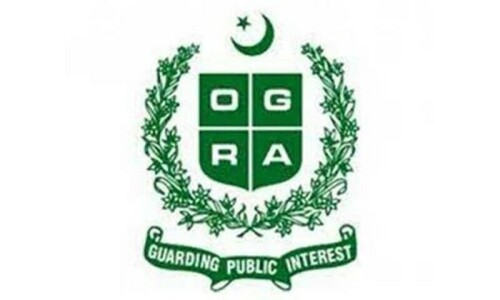HYDERABAD: The Sindh Abadgar Board (SAB) has opposed granting of MFN status to India unless a level- paying field is also provided to Pakistani farmers.
India’s agriculture sector is highly subsidised, therefore, trade with India should be equitable and competitive, the SAB said in its statement.
It said that India gives subsidies to tune of $50 billion to agriculture sector and Pakistan’s total agricultural GDP is $50bn.
This is about 15.3pc of India’s GNP whereas in Pakistan, agricultural subsidies are less than one per cent of the GDP.
India is encouraging its domestic production and has taken a legal cover in WTO to allow subsidies in rice.
The SAB encourages regional trade and understands benefits.
The SAB claimed that price of urea in India is Rs650 and DAP is Rs1800 in Pakistani currency.
In Pakistan, it is Rs1786 and Rs3600 respectively. Apart from this, electricity is almost free and so is connection. The agricultural research is 1.3pc of GDP in India and Pakistan it is 0.3pc of GDP.
The SAB claimed that India has high import duties, ranging from 30pc on most produces, 70pc on rice and 100pc on wheat while in Pakistan, duties are between 5pc and 10pc and cotton could be imported from India duty-free (zero-rated).
India has rather given preferential treatment to Bangladesh to import textiles helping them to increase exports. They have given more preferential treatment to Sri Lanka vis-à-vis Pakistan.
In addition to high duties, SAB argued, there are non-tariff barriers which are of different types and include compliances with more than 12 legislations (state and federal) and many certifying agencies and many more regulations that make export of agriculture produce to India restrictive, cumbersome and punitive.
SAB claimed that India is using Pakistan as a launching pad to export its agricultural produce to Afghanistan, Iran and Central Asian countries where demand of tropical produce is very high.
This opportunity on Western borders of Pakistan is not being fully exploited because of lack of packing, grading and cold chain facilities.
It added that in addition to this technology, research and infrastructure are lacking to facilitate exports from Pakistan whereas India having robust infrastructure with packing facilities could capture those markets to disadvantage of Pakistan.
The SAB recommended that border of Khokhrapar near Mirpurkhas should also be opened to facilitate exports from Pakistan.
It said that “India is a huge country with vibrant middle class, if properly planned, Pakistan could export produces to India provided proper background work is done to find out where Pakistani farmers have comparative advantage and which crops are required by India.














































